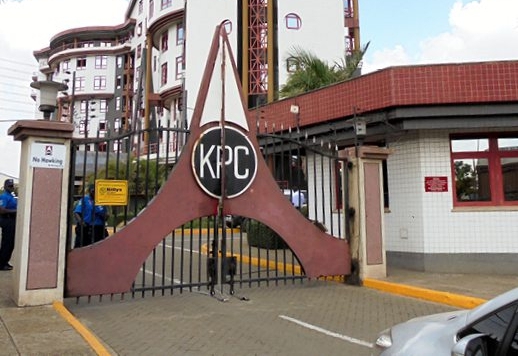

The government has announced plans to have the Kenya Pipeline Company (KPC) listed on the Nairobi Securities Exchange (NSE).
According to President William Ruto, the process will be completed this year through an Initial Public Offering (IPO), marking a significant step in the government’s broader privatisation agenda.
What is NSE listing?
To be “listed” on the Nairobi Securities Exchange means that a company has met the regulatory requirements to offer its shares for purchase by the public.
This process typically happens through an Initial Public Offering (IPO), where the company sells a portion of its ownership in the form of shares to investors.
Once listed, the company’s shares are traded openly, and its performance becomes subject to market forces, investor interest and regulatory oversight.
What is an IPO?
An Initial Public Offering (IPO) is the gateway through which a private company becomes public.
During an IPO, the company sets a share price (often with guidance from financial advisors) and investors buy shares.
The company also raises money in return, and it agrees to abide by NSE’s listing rules, including regular financial reporting.
For KPC, it means the government will open part of the company to public investment, allowing citizens and institutions to become shareholders.
The IPO will allow both individual and institutional investors, including ordinary Kenyans, to own a stake in the company.
Why it matters for KPC
Treasury Cabinet Secretary John Mbadi revealed the listing plan on February 7.
This was after he received an interim dividend cheque of Sh3 billion from KPC's board chairperson, Faith Boinett, for the half-year ending December 2024.
The dividend payment brought the total dividends paid by KPC to the Treasury in the last 12 months to Sh10.5 billion.
During a market-opening ceremony at the London Stock Exchange early this week, Ruto described the move as part of Kenya’s strategy to unlock investment in strategic state-owned enterprises.
This, he said, while boosting confidence in the country’s capital markets.
"We plan to list the Kenya Pipeline Company through an IPO in 2025, offering investors a unique opportunity to deploy capital in one of Kenya’s most strategic infrastructure enterprises,” he said.
The planned IPO forms part of a broader government programme to privatise key state-owned entities, bolster investor confidence, and broaden domestic and international participation in the country’s capital markets.
"We have made a strategic decision to broaden Kenya’s stock market appeal… by earmarking key State assets for privatisation through IPOs,” he told the delegates
KPC, which transports and stores petroleum products across the country, plays a critical role in the country's energy sector.
Benefits of Listing
For a company like KPC, listing on the NSE can bring several benefits:
Access to capital
Selling shares raises funds that can be used for expansion, such as KPC’s ongoing push into the Liquefied Petroleum Gas (LPG) market and regional operations.
Increased transparency
Public ownership is also expected to drive greater transparency, operational efficiency, and regulatory oversight.
Public companies are required to disclose financial and operational data regularly, boosting governance and accountability.
Broader ownership
Kenyans can buy shares and have a stake in a formerly government-owned company.
Treasury Cabinet Secretary John Mbadi highlighted its benefits: “Kenyans will have a chance to own a piece of KPC."
Market discipline
Exposure to investor scrutiny often leads to better management practices and operational efficiency.
How does it benefit investors and the economy?
For investors, the IPO presents an opportunity for individuals and institutions to earn returns through dividends and capital gains.
It also allows for portfolio diversification into infrastructure.
For the government, the listing reduces reliance on the exchequer and shifts funding to the private sector, while for the economy, it deepens financial markets, mobilises savings, and channels capital into productive sectors.
KPC’s IPO is expected to be the first in a series of state privatisations through the NSE.
If successful, it could open the door to the listing of other state corporations, transforming the country's investment landscape and giving more citizens a direct stake in the national economy.
President Ruto credited the recent NSE reforms, and a refreshed, market-focused leadership, with helping the exchange top Morgan Stanley Capital International’s rankings for dollar returns in 2024.
He also lauded UK-backed initiatives such as Mobilist and FSD Africa for strengthening financial market inclusivity and transparency.
“Capital markets play a critical role as catalysts for sustainable economic growth and shared prosperity across the African continent,” he said.












